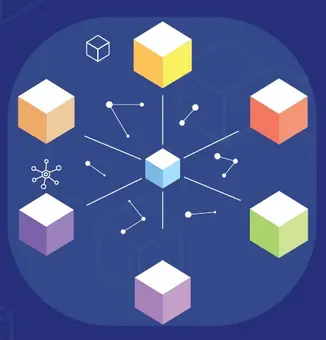8
you are viewing a single comment's thread
view the rest of the comments
view the rest of the comments
this post was submitted on 05 Mar 2024
8 points (65.4% liked)
Monero
2146 readers
1 users here now
This is the lemmy community of Monero (XMR), a secure, private, untraceable currency that is open-source and freely available to all.
Wallets
Android (Cake Wallet) / (Monero.com)
iOS (Cake Wallet) / (Monero.com)
Instance tags for discoverability:
Monero, XMR, crypto, cryptocurrency
founded 2 years ago
MODERATORS

I think the best option would be if node operators can decide how much they want to store with some safe minimum imposed of say 1 year.
I think every node needs the same dataset for the blockchain to be valid.
Maybe a rolling dataset, with the earliest transactions falling off after their data is somehow archived (but accessible to the current nodes)?
OR
The current nodes could do a hardfork (NewNodes), with the ability to reference the legacy chain snapshot for the next X years.
Wallet1 created in 2015. Contains 1 XMR. Hardfork in 2025 to truncate the entire DB which becomes a balance reference copy. After the snapshot, they would have a balance on the "new" chain. In order to transact, they'd have to use a New Node which knows their previous balance from the legacy chain.
Is that possible?
I don't think so. Since the data is all encrypted you need to have all the data to validate if someone had a balance. Unless someone invented a type of proof where you can create a transaction from the old chain and the network would be able to validate it even though the network no longer has that data or maybe some small part of the old data could be saved to allow for this.